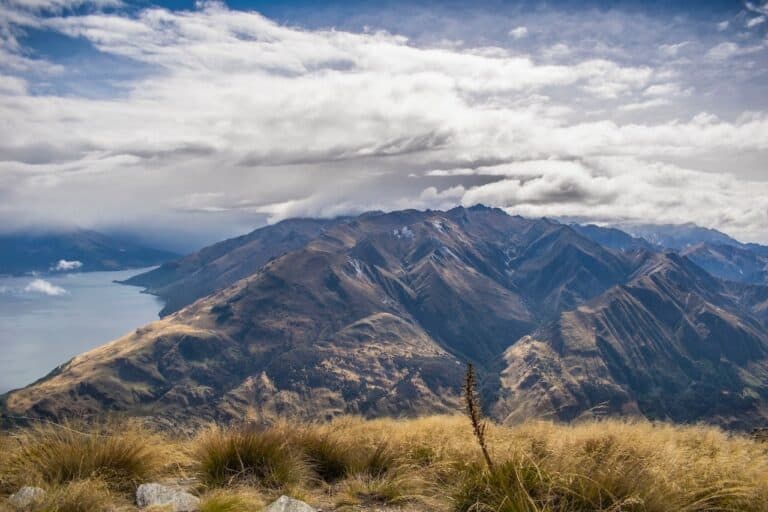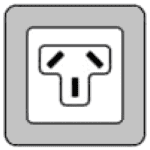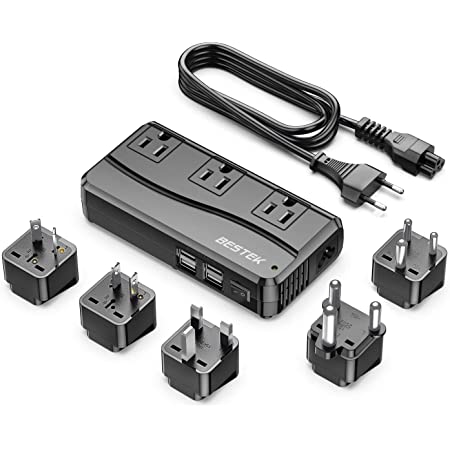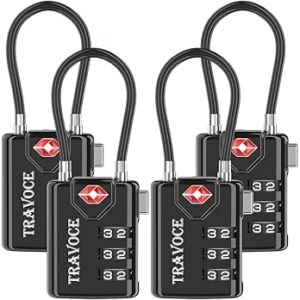Plug For New Zealand: What You Need To Know

What is the plug for New Zealand? Before you travel, check the information below to make sure your electronic devices are compatible with the outlet type and voltage.
Electrical Summary
Plug Compatibility: Type I
Voltage: 220V – 240V
Frequency: 50 Hz
Type I

Can North Americans use Electronics in New Zealand without an Adapter?
No! North Americans will need an adapter for the outlets and a transformer for the voltage when traveling to New Zealand. North Americans device plugs will not work with the outlet types in New Zealand. Also, the voltage in New Zealand is different from North American voltages.
Can Europeans use Electronics in New Zealand without an adapter?
Europeans do not need a transformer when traveling to New Zealand. The voltage in New Zealand is the same as in Europe. However, Europeans will need a travel adapter when traveling to New Zealand.
What Outlet does New Zealand Use?
Type I

Type I plug sockets are used in Australia, New Zealand. They have two flat pins and a grounding pin. These plugs are typically used with devices that have a voltage of 230V.
Recommended Products:
Should I use a VPN when traveling?
YES! Using a VPN when traveling is highly recommended to protect your online privacy and security. Public Wi-Fi networks in hotels, airports, and cafés are often unsecured, making you vulnerable to hackers and data theft. A VPN encrypts your internet connection, safeguarding sensitive information like passwords and banking details. It also allows you to bypass geo-restrictions, granting access to streaming services and websites that may be blocked in certain countries. Additionally, a VPN helps prevent government surveillance and ISP tracking. For a seamless and secure browsing experience while traveling, choose a reliable VPN with fast speeds and strong encryption.
New Zealand Travel Essentials:
Is it safe to drink water in New Zealand?
We recommend always packing a filtered water bottle when traveling!
Travel Essentials
Be sure to check our list of travel essentials before your trip!
Should I get travel insurance when traveling to New Zealand?
It is generally recommended to get travel insurance when traveling to a different country. Travel insurance can provide financial protection and peace of mind in case of unexpected events, such as medical emergencies, trip cancellations, lost or stolen baggage, or other travel-related mishaps.
Travel insurance can cover various expenses related to your trip, such as medical expenses, emergency medical transportation, trip cancellation or interruption, lost or stolen baggage or personal belongings, and other travel-related expenses.
Before purchasing travel insurance, it’s important to carefully review the policy details, including the coverage limits, exclusions, and any applicable deductibles or copays. You should also make sure that the policy covers any activities or destinations that you plan to participate in or visit during your trip. Click here to price for Travel Insurance for New Zealand
Travel Summary
New Zealand is known for its stunning natural beauty, with pristine beaches, snow-capped mountains, and lush forests. The country’s economy is largely based on tourism, agriculture, and manufacturing, with a focus on exports such as dairy products, meat, and wine.
New Zealand is a parliamentary democracy, with a constitutional monarchy as the head of state, represented by the Governor-General. The country has a unicameral parliament, known as the House of Representatives, which is made up of 120 members.
New Zealand is a multicultural society, with a significant Maori population, as well as people of European, Pacific Islander, and Asian descent. The country has a rich cultural heritage, with a blend of Maori and European influences, and is known for its vibrant arts and music scene.
Despite its many strengths, New Zealand faces a number of challenges, including climate change, housing affordability, and access to healthcare and education. The country has also been impacted by natural disasters, such as earthquakes and volcanic eruptions, which have caused significant damage and loss of life.
The government of New Zealand has worked to address these challenges, with a focus on sustainable development, social welfare, and environmental protection. The country has also been a vocal advocate for global action on climate change, and is committed to reducing its greenhouse gas emissions and transitioning to a low-carbon economy.
Overall, New Zealand is a unique and beautiful country, with a rich cultural heritage and friendly people. The country’s natural environment is a major draw for visitors, and its diverse population and multicultural society make it a welcoming and inclusive place to live and work.
Traveling to another country? Check out our Countries page for more info on countries like Australia, Indonesia, Papua New Guinea, Fiji, Solomon Islands, Tonga, Samoa





